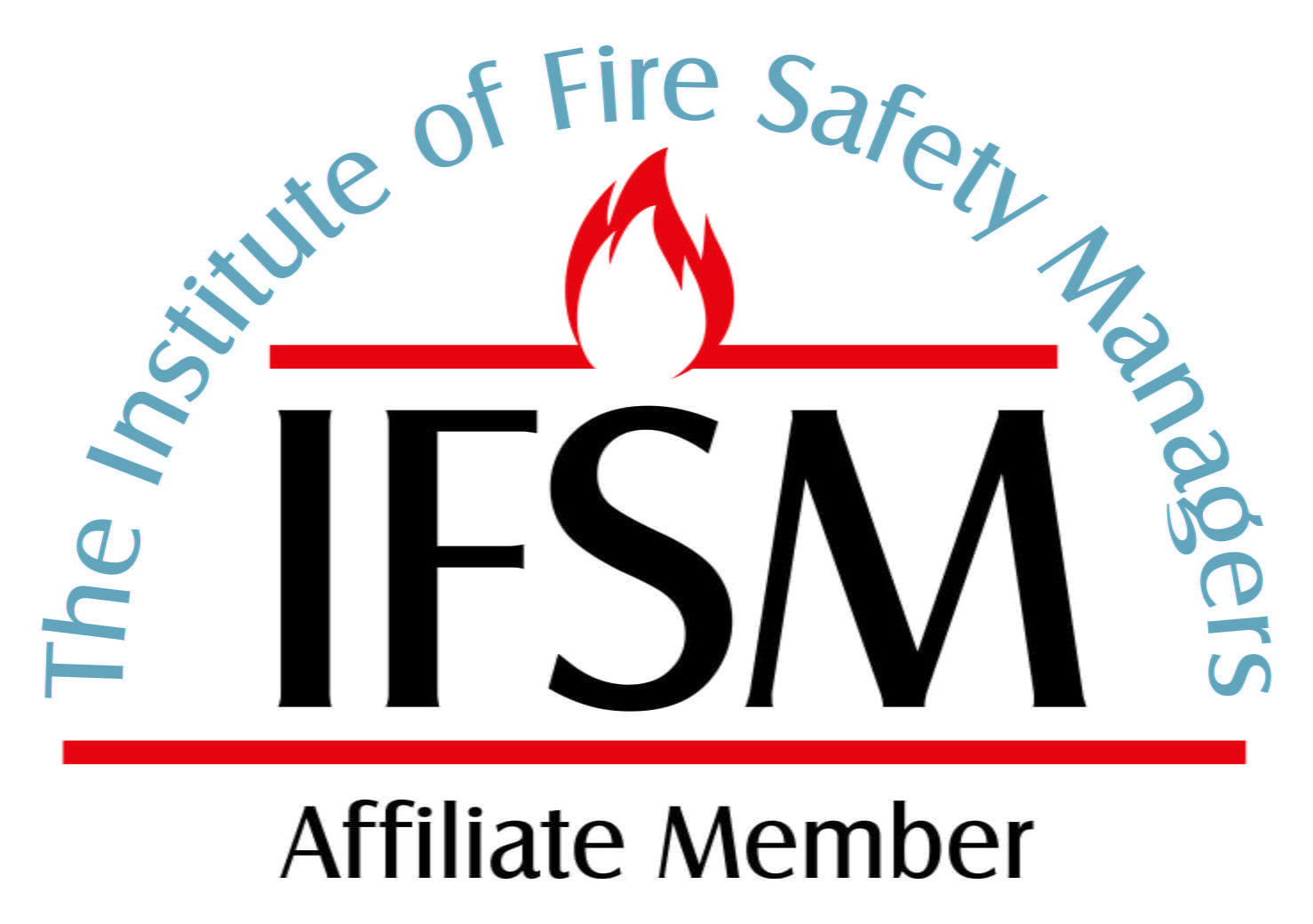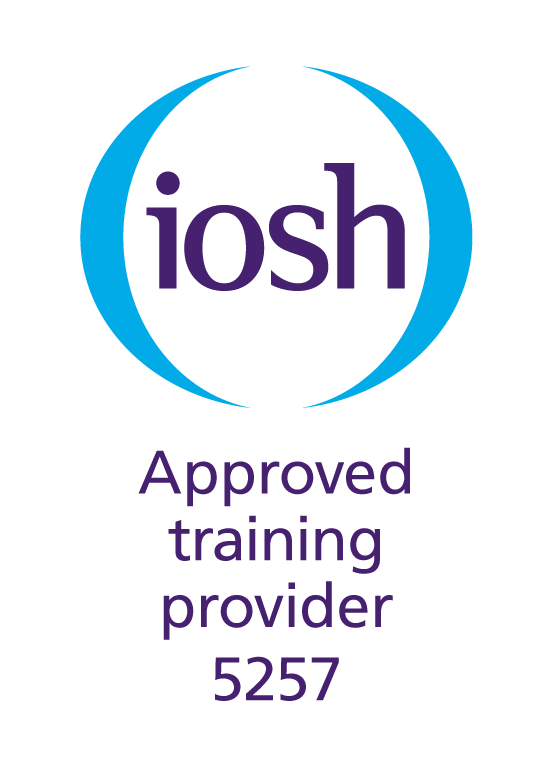IOSH Courses in Plymouth
FM Safety Consultancy Services Ltd
IOSH Courses in Plymouth
IOSH Courses in Plymouth, which stand for Institution of Occupational Safety and Health courses, are vital for workplace safety and health. These courses focus on providing individuals with the necessary skills and knowledge to ensure a safe and secure work environment. IOSH training covers a wide array of topics, including risk assessment, health regulations, emergency preparedness, and occupational safety practices.
One of the primary advantages of IOSH Courses in Plymouth is their role in helping organizations adhere to occupational health and safety regulations. By ensuring that employees undergo comprehensive safety training, companies can reduce workplace accidents and injuries significantly. Moreover, IOSH Courses in Plymouth empower employees to recognize potential hazards, evaluate risks, and take proactive steps to prevent accidents.
Employers also benefit from investing in IOSH Courses in Plymouth for their workforce. Providing employees with proper safety training showcases a company’s commitment to employee well-being and safety. A well-trained workforce is better equipped to handle emergencies efficiently, leading to reduced downtime and financial losses for the organization.
Furthermore, IOSH Courses in Plymouth are designed to be practical and comprehensive, offering participants hands-on experience and real-life scenarios to enhance learning. These courses often include simulations, case studies, and interactive activities to reinforce key concepts and ensure that participants can apply their knowledge effectively in real-world situations.
In summary, IOSH Courses in Plymouth are essential for creating a safe and healthy work environment. By equipping employees with the skills to identify hazards, assess risks, and implement safety measures, these courses contribute to reducing workplace accidents, enhancing regulatory compliance, and fostering a culture of safety within organizations.
Investing in IOSH Courses in Plymouth is not only a legal requirement in many industries but also a strategic decision that can lead to increased productivity, reduced absenteeism, and improved overall employee well-being.
Working Safely IOSH Course in Plymouth
The Working Safely IOSH course in Plymouth is a practical introduction to health and safety for employees in any industry. It focuses on giving workers the essential knowledge they need to work safely and responsibly, helping them to understand hazards, risks, and safety procedures. The course covers key topics like defining hazards and risks, identifying workplace dangers, and improving safety performance. It’s ideal for anyone who needs a grounding in workplace safety, helping to reduce accidents and promote a safer working environment for all employees.
Managing Safely IOSH Course in Plymouth
The Managing Safely IOSH course in Plymouth is specifically designed for managers, supervisors, and team leaders, providing them with the skills and confidence to manage health and safety within their teams. It offers a deeper understanding of risk management, safety responsibilities, and legal obligations. Key areas covered include assessing and controlling risks, investigating incidents, and measuring safety performance. This course equips managers with the knowledge to make informed decisions that ensure their workplace remains safe, compliant, and efficient, fostering a strong safety culture within the organisation.
Will my business benefit from a IOSH Course?
1. Construction Industry
- Why: Construction is one of the most high-risk industries in terms of workplace accidents, injuries, and fatalities due to the nature of activities (e.g., working at heights, use of heavy machinery, handling hazardous materials).
- Benefits: IOSH courses provide construction professionals with essential knowledge about identifying risks, applying safe practices, and ensuring legal compliance with health and safety regulations, reducing accidents, and promoting worker welfare.
2. Manufacturing Industry
- Why: The manufacturing sector involves working with heavy machinery, chemicals, high temperatures, and manual labor, all of which pose significant risks.
- Benefits: IOSH courses help employees and managers in the manufacturing sector understand how to maintain safe operations, handle hazardous materials, implement emergency response protocols, and reduce work-related injuries.
3. Oil, Gas, and Energy Sector
- Why: This sector is extremely hazardous, involving exposure to flammable materials, high-pressure systems, confined spaces, and environmental risks.
- Benefits: IOSH training equips workers and managers with skills to identify potential hazards, manage high-risk situations, and prevent accidents, ensuring compliance with strict regulatory safety standards.
4. Healthcare Industry
- Why: Healthcare workers are exposed to various risks, including biological hazards, heavy lifting (patient handling), and the potential for violent incidents.
- Benefits: IOSH courses help healthcare workers reduce risks associated with patient handling, exposure to infections, and stress-related health issues, while ensuring the safe management of medical equipment and hazardous substances.
5. Retail and Warehousing
- Why: Although not often seen as high-risk, retail and warehousing involve risks such as manual handling injuries, slips, trips, and falls, along with fire hazards.
- Benefits: IOSH training teaches staff to recognize hazards in warehouses and retail spaces, implement safe manual handling practices, manage fire safety, and reduce risks from stock handling and movement.
6. Transportation and Logistics
- Why: Workers in this sector face risks related to vehicle safety, manual handling, and exposure to traffic hazards, especially in warehousing, loading/unloading, and long-distance driving.
- Benefits: IOSH courses provide the knowledge needed to implement safe driving practices, maintain vehicles safely, prevent injuries related to loading and unloading, and comply with transportation regulations.
7. Hospitality Industry
- Why: The hospitality sector includes hotels, restaurants, and leisure facilities, where risks range from kitchen fires and slip hazards to manual handling and dealing with customers.
- Benefits: IOSH training equips hospitality managers and staff with skills in food safety, fire safety, and proper handling of equipment, helping to create a safer environment for both employees and customers.
8. Public Sector and Local Government
- Why: Public sector employees, including those in local government, education, and emergency services, are often exposed to various safety hazards depending on their roles.
- Benefits: IOSH courses help public sector managers implement effective health and safety policies, ensure legal compliance, and protect workers in public-facing roles.
9. Engineering Industry
- Why: Engineers often work in environments that involve electrical hazards, machinery, working at heights, and exposure to hazardous materials.
- Benefits: IOSH courses provide engineers with a clear understanding of risk assessment, safe use of equipment, and accident prevention, making sure that their work adheres to safety regulations.
10. Facilities Management
-
- Why: Facilities managers are responsible for maintaining safe working environments, managing fire safety, electrical safety, and ensuring that buildings meet health and safety regulations.
- Benefits: IOSH training helps facility managers implement effective safety procedures, reduce risks related to building maintenance, and ensure compliance with safety standards.
Why IOSH Courses Are Important Across These Industries:
- Legal Compliance: In many industries, adhering to health and safety laws is mandatory. IOSH courses ensure that managers and employees understand and comply with these regulations, avoiding legal liabilities.
- Reducing Accidents and Injuries: By training workers on how to identify hazards, properly use equipment, and apply safety measures, IOSH courses reduce workplace accidents, injuries, and fatalities.
- Promoting a Safety Culture: IOSH courses foster a proactive approach to workplace safety, encouraging employees to take responsibility for their own and others’ safety, leading to long-term benefits for organizations.
- Boosting Productivity: Safe working environments lead to fewer accidents, less downtime, and higher employee morale, all of which contribute to improved productivity.
- Risk Management: IOSH courses teach participants to assess risks effectively and put control measures in place, helping organizations manage potential hazards and ensure safer operational practices.
Conclusion:
Almost any industry can benefit from IOSH courses, but they are particularly valuable in high-risk sectors like construction, manufacturing, oil and gas, healthcare, and transportation. By investing in health and safety training, companies can not only ensure compliance with regulations but also protect their workforce, reduce accidents, and enhance overall operational efficiency.
We have a five star reviews from our previous happy customers
ONLINE TRAINING COURSES
We have a large range of online training videos availbale for download, get started today!
call us
email us



